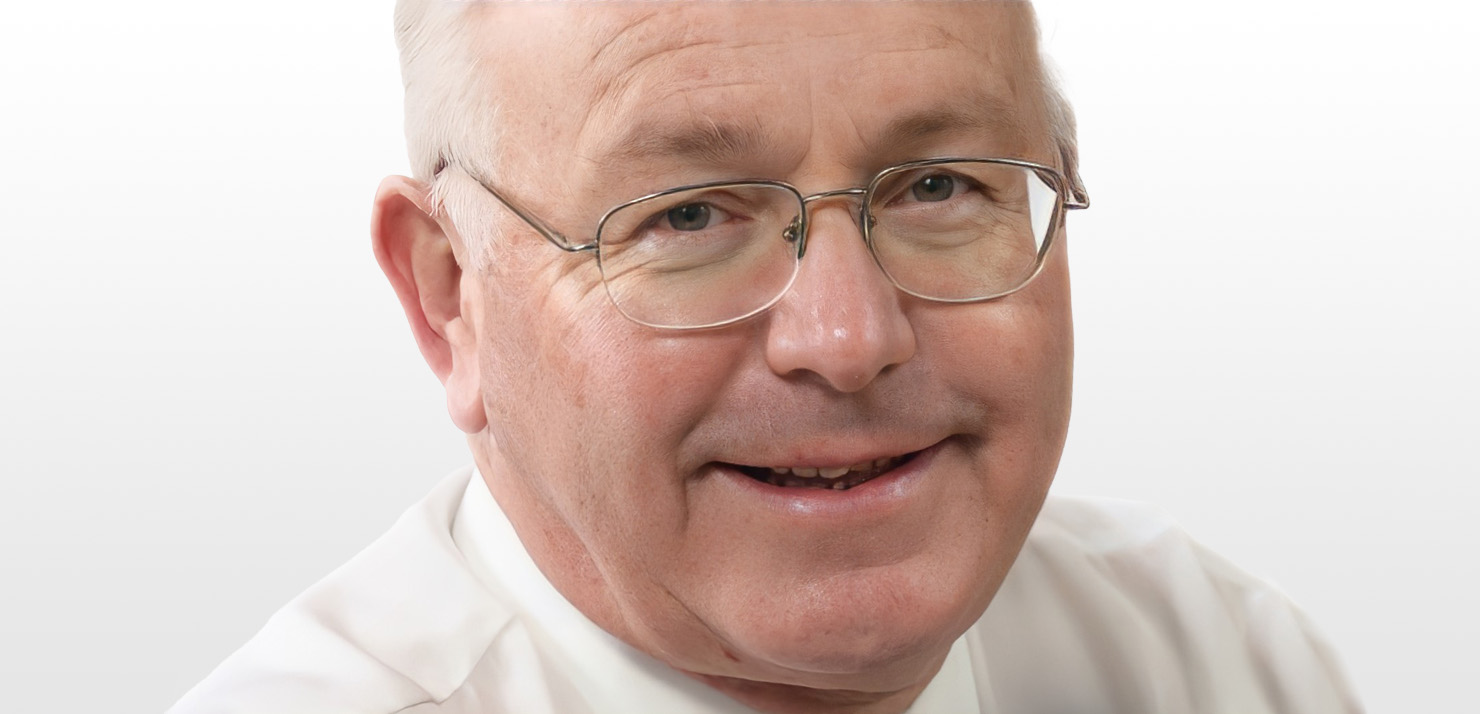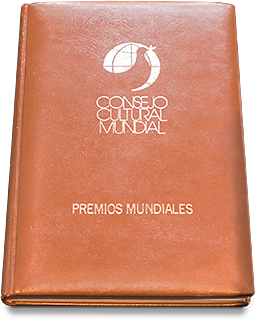

 Albert Einstein World Award of Science 2014
Albert Einstein World Award of Science 2014
Field of Work: Immunology
Date: 17 November 2014
Place of Ceremony: A Hall
Host Institution: Aalto University
Host Country: Espoo, Finland
The World Cultural Council presented the 2014 Albert Einstein World Award of Science to Professor Sir Philip Cohen, Professor of Enzymology, and Deputy Director of the Division of Signal Transduction Therapy (DSTT) at the Medical Research Council’s Protein Phosphorylation and Ubiquitylation Unit, University of Dundee, United Kingdom.
The prize has been awarded for his 40-year outstanding and continuing scientific career devoted to studying and establishing the profound importance of protein phosphorylation in regulating almost every physiological process.
Professor Cohen’s achievements meet the criteria for the Albert Einstein World Award of Science most closely in respect to bringing “true benefit and well-being to humankind” in their importance to the development of drugs and treatment with global impact.
Professor Sir Philip Cohen is one of the world’s most cited scientists in Biology and Biochemistry. His influence can be gauged from the fact that he was the world’s second most cited scientist in the fields of Biology and Biochemistry from 1992 to 2003. His visionary dissection of insulin and other major signal transduction pathways defines the molecular basis of hormone action and how such mechanisms malfunction in diseases ranging from diabetes to cancer.
Professor Cohen’s pivotal contribution has been to elucidate a major section of the insulin signal transduction-signalling pathway, essentially from scratch, starting at a time when virtually nothing was known about cell signalling. This was to be based on his dissection of protein kinase dependent cascades, which are the major intracellular components of hormonal signalling networks.
Prof. Cohen’s initial idea was to select a physiological end point action of insulin, specifically the mechanism by which insulin stimulated glycogen synthesis, the rate-limiting enzyme of glycogen synthase. He then painstakingly worked backwards towards the top end of the insulin-signalling pathway in the hope that the upward groups would eventually meet those working down from the top. This work has taken over 20 years of intensive research but within the last few years this has now happened and characteristically Philip’s laboratory made the key discovery that eventually linked the two halves of this chain.
Professor Cohen has received numerous awards, including the Pfizer Innovation Award for Europe (1999), the Rolf Luft Prize of the Karolinska Institute of Stockholm (2006), the Royal Medal of the Royal Society (2008) and the Medical Research Council’s Millennium Medal (2013). Sir Philip Cohen is member of a number of science academies and societies, among them the Academia Europaea.
His research has raised Dundee University to one of the leading academic institutions in his field of this study. Professor Cohen has made decisive contributions to the growth and international reputation of life sciences at the university and to the development of a life sciences cluster in the city, which now accounts for 16% of its economy. In fact, the College of Life Sciences has, for several years, been voted one of the best scientific environments in the world in which to work. Additionally, the Scottish Institute for Cell Signalling was founded in Dundee in 2008.
Throughout his career Philip Cohen has been an exceptional mentor of talented young researchers. More than one hundred PhD students and postdoctoral scientists have trained in his laboratory over thirty-eight years, with the vast majority now working in senior roles as academic research leaders.


